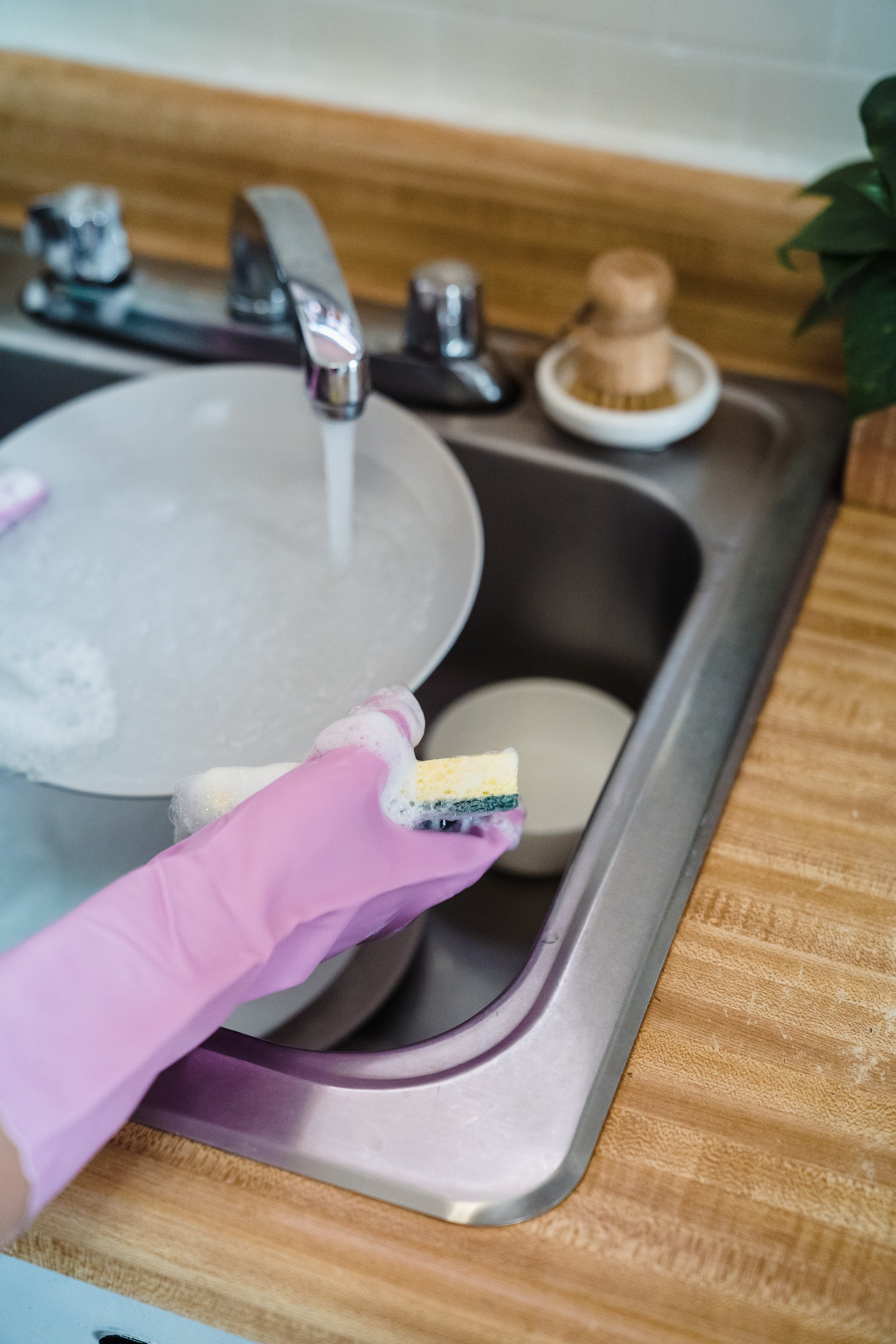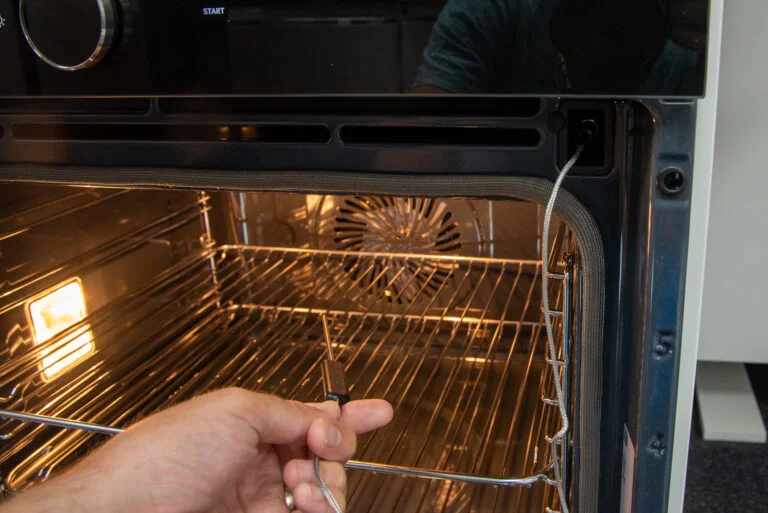6 Weird Noises Your Oven Can Make and What They Mean
Rattle rattle click, rattle click, rattle rattle click, boom! No, it's not the latest song; that's your oven. The question is, why is your oven making strange noises?
Some noises your oven might make:
Clicking
Popping
Wompf
Beeping
Rattling
Squeaking
Clicking
This is the most normal sound you can hear coming from your oven and also the least dangerous. Your oven might click when it is heating up, cooling down, or right when you turn it on. If that's the case, it's because the heating element is warming or cooling, and the metal is shifting. This is very common and older ovens. If the sound has recently become very loud, though, it can mean that your heating element is approaching the end of its lifespan and needs replacing soon. This can take several years of regular use. Most people will replace their oven long before the heating element goes out.
A modern oven has very precise coils that do make some noise as they work. So if the sound is while your oven is being used, this is a good thing. It means that the control coils in your oven are working as they should be.
If you have an older gas oven, cooking is also normal; it means that the igniter is doing its job correctly. If your gas oven isn't clicking at all it might be a cause for concern as it can indicate that the igniter isn't working for one reason or another. if this is your situation please get your oven serviced immediately as it might be a buildup in the gas lines of the oven.
Why is my oven popping?
Well, there are many different sounds that your oven can make one that you never want to hear is popping. If you hear a popping or crackling sound that cannot reasonably be explained by your food immediately turn off your oven. This is either the wiring or other electrical components in your oven or the electrical outlet that it's connected to malfunctioning. The sound might also be accompanied by the smell of burning plastic. If that's the case, your oven is not only malfunctioning, it has begun to scorch and you need to immediately turn it off and disconnect it you can have a professional see it.
My oven just made a strange WOMPF sound!
Think of the most terrifying sound that could come from your gas oven. Are you thinking of it? Is it an explosion? To us there is nothing more terrifying than the boom or WOMPF that a gas oven can make when igniting improperly. What's happening here is that the gas is igniting after having built up. While this is a common occurrence for people with gas ovens it is not normal. If the gas is building up like this it means that one or more of your igniters is dirty. Having the gas flow or ignition system being restricted can lead to danger. A dirty igniter by itself is not a terrible danger. If you have your oven maintained regularly, getting the igniters cleaned and replaced as needed, you'll be in good shape. However, if you try to clean them yourself, it is very easy to scrub too hard and unintentionally cause a gas leak. While the small boom you might hear from your oven is not usually dangerous, a gas leak always is.
Why won't my oven stop beeping?
Assuming that your oven is not beeping while preheating, coming to temperature, or because of a timer, there are two reasons your oven will beep. The first reason is that your oven is overheating. Many ovens have overheating issues, especially if you live somewhere, that's rather toasty during summer, like Texas, for example. Occasionally components within the oven can break, causing uncontrolled heating in the oven's primary heating element, which can cause it to sound a beeping alarm to alert you before it damages the oven or starts a fire.
The second reason your oven might begin beeping at random is that there is damage or a short in your control panel. This can happen if your oven is close to a source of water or if your house has recently had any flooding or leaking issues. A shorted panel can beep at random or, even more annoying, keep beeping consistently. Make sure to call up a technician before you go delving into the depths of your oven to figure out the reason since some of these have high-voltage components.
My oven is rattling; why?
Another common occurrence with your oven is having it rattle while it is running. If you recently had to move your oven or do a minor repair, that could be the reason. You can take a look at the back panel and the bottom cover to see if there are any loose screws. If that's not the case, it might be your oven fan. At that point, we again recommend calling in a professional to ensure that everything is secured properly.
Why has my oven started squeaking recently?
If your oven has recently begun squeaking after you turn it off, this is an easy problem to diagnose. It's your cooling fan that is sounding like a rogue rodent. This isn't the same as the convection fan located at the back of your oven. Instead, it's located on top. Given its positioning, this fan Austin falls victim to rising food particles and, over time, gravity. That will weigh it down, unbalance it and cause it to make creaking grinding or squeaking sounds. Fortunately, it just needs a good cleaning. Unfortunately, its location makes it a bit difficult to get to. Take a look at your owner's manual to see if it has any suggestions for how to go about cleaning it more easily.
Did we manage to answer your worries about your oven? If not, let us know over on our Facebook page. As always, we love to hear from you, and nobody wants to deal with an oven making noises at all times of the day and night.
If you diagnose the problem, but you still aren't comfortable with the sounds that your oven is making, or you want it to be fixed by a team of professionals, feel free to reach out to us via our contact page or by giving us a call at ((214) 599-0055). We'll work with you and your schedule to find a time and date for our technicians to come out and find out what's going on. At Appliance Rescue Service, our top priority is getting your home running smoothly again.

















